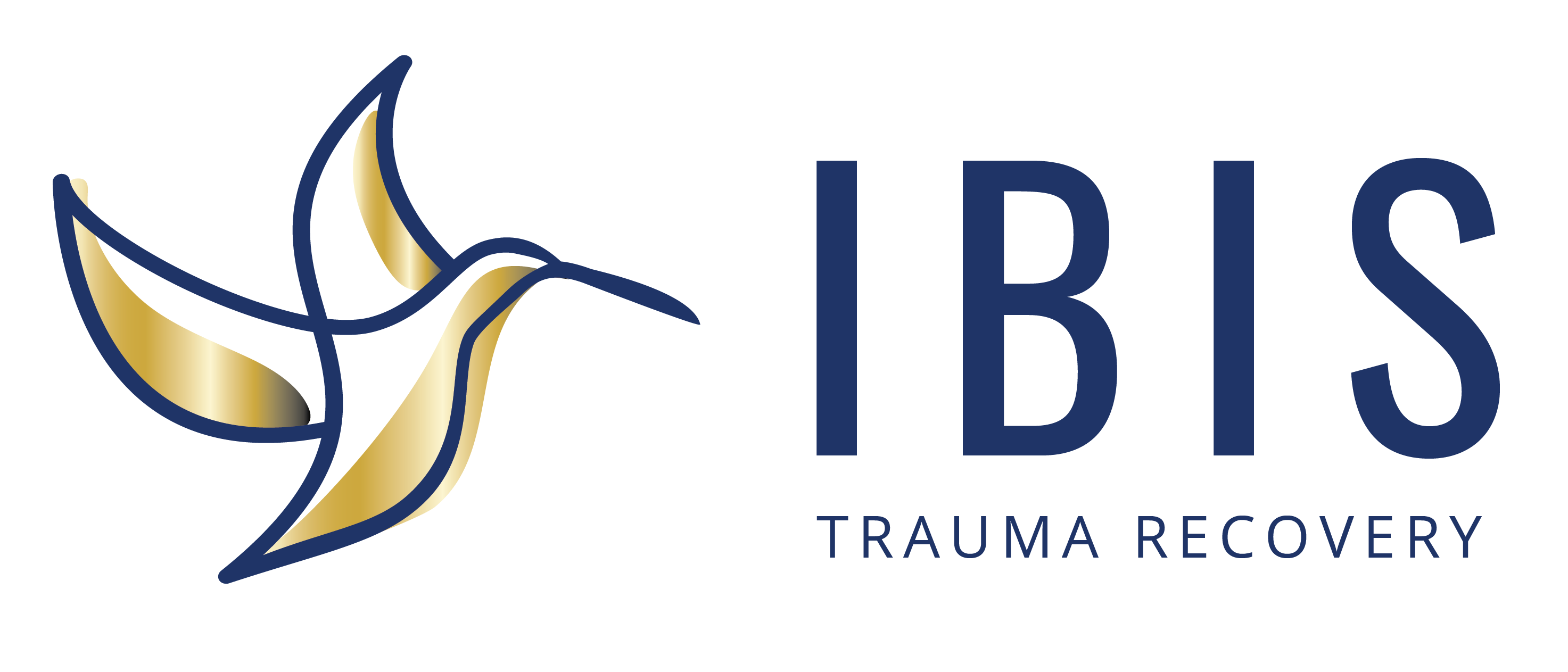When I think back to my childhood, what I remember most is the anger. I grew up in an angry home, with an angry father whose hair-trigger temper controlled the rest of the household. We all walked on eggshells to avoid setting him off. I learned early on how to manage his moods, shoving my own needs and emotions aside to make room for his.
I’m not even sure where my story begins, because the complex trauma I grew up with was my normal. I can’t narrow my life down to one moment that changed the way I saw myself—there were thousands of them. Thousands of moments, thousands of pinpricks, and a background pain so constant, dependable, and normal that I didn’t even think to acknowledge it.




